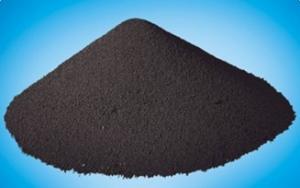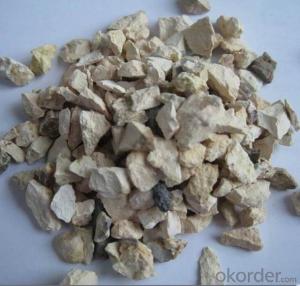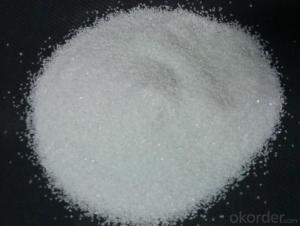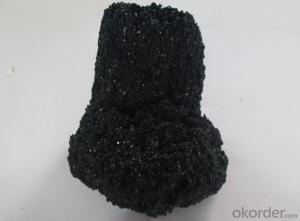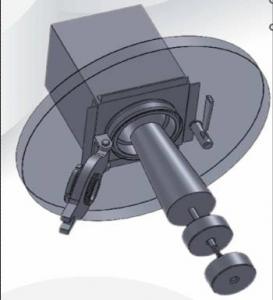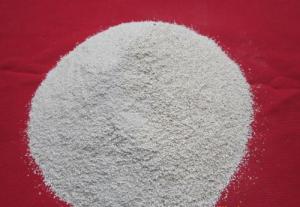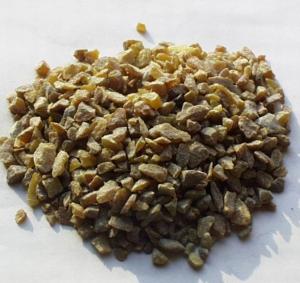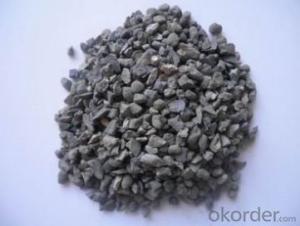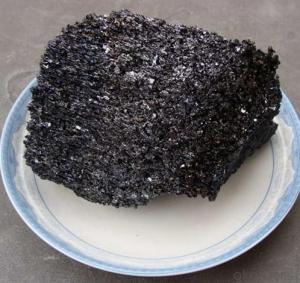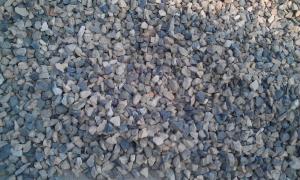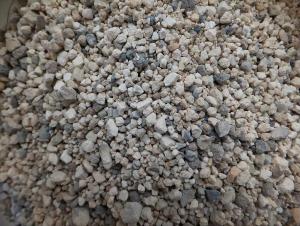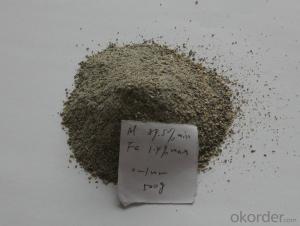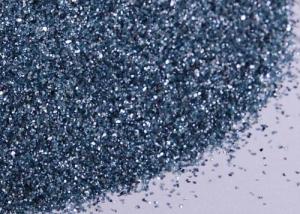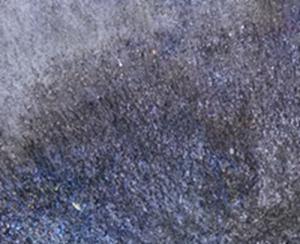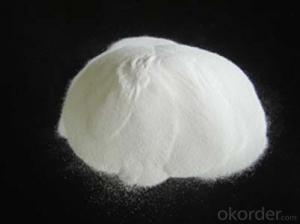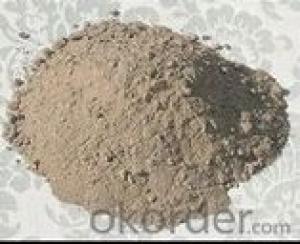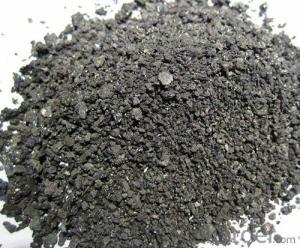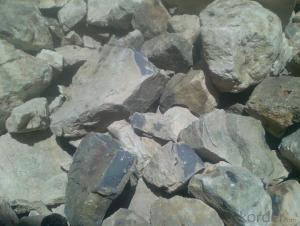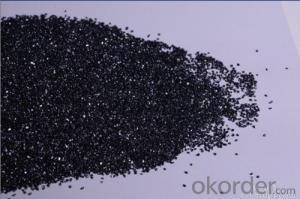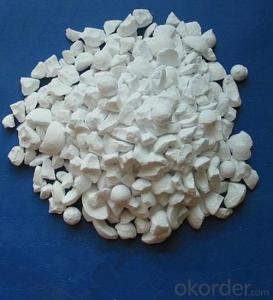All Categories
- - Steel Wire Rod
- - Steel Coils
- - Steel Profiles
- - Steel Pipes
- - Stainless Steel
- - Tinplate
- - Special Steel
- - Steel Sheets
- - Steel Rebars
- - Steel Strips
- - Hot Rolled Steel
- - Cold Rolled Steel
- - Pre-painted Steel
- - Seamless Steel Pipe
- - Welded Steel Pipe
- - Hollow Steel Tubes
- - Galvanized Pipe
- - Stainless Steel Coil
- - Stainless Steel Sheet
- - Stainless Steel Plate
- - Stainless Steel Strips
- - Electrolytic Tinplate Coil
- - Electrolytic Tinplate Sheet
- - Stainless Steel Rebars
- - Solar Panels
- - Solar Water Heater
- - Solar Related Products
- - Solar Inverter
- - Solar Cells
- - Solar Light
- - Solar Energy Systems
- - Solar Controllers
- - Solar Mounting System
- - Solar Pump
- - Solar Chargers
- - Fiberglass Chopped Strand
- - Fiberglass Mesh Cloth
- - Composite Pipes
- - FRP Pultrusion Profiles
- - Fiberglass Mat Tissue
- - Fiberglass Fabrics
- - Fiberglass Mesh
- - Composite Tank
- - Fiberglass Mesh tape
- - Polymer
- - FRP Roofing Panel
- - Fiberglass Roving
- - Monolithic Refractories
- - Ceramic Fiber Products
- - Refractory Bricks
- - Raw Materials For Refractory
- - Suspended Platform
- - Cranes
- - Concrete Machinery
- - Earthmoving Machinery
- - Building Hoist
- - Road Building Machinery
- - Plastic Pipe Fittings
- - Plastic Tubes
- - Plastic Sheets
- - Agricultural Plastic Products
- - Plastic Nets
Q & A
What are the key factors affecting the selection of refractories for specific applications?
The key factors affecting the selection of refractories for specific applications include the operating temperature, chemical composition of the material being processed, the type of process (e.g., melting, firing, or heating), the physical properties required (e.g., strength, thermal conductivity, and expansion), and the duration of the application. Other factors to consider are the mechanical stress and abrasive conditions the refractories will be exposed to, as well as cost and availability of the materials. Additionally, factors such as environmental regulations and sustainability may influence the selection of refractories for specific applications.
What is the role of mullite brick in refractory materials?
Mullite brick plays a crucial role in refractory materials as it possesses excellent thermal stability, high strength, and resistance to thermal shock. It is commonly used in high-temperature applications, such as furnaces and kilns, where it acts as a lining material to protect the structure from extreme heat and chemical corrosion. Its unique composition of alumina and silica makes it an ideal choice for withstanding high temperatures and mechanical stress, making it a key component in the construction of durable and reliable refractory materials.
What are the refractory raw materials used in lining chimneys?
The refractory raw materials commonly used in lining chimneys are bricks made of fire clay, silica, and alumina. These materials have high melting points and excellent heat resistance properties, making them suitable for withstanding the extreme temperatures generated by the combustion process in chimneys.
How do different types of alumina-silica refractories compare in terms of performance?
Different types of alumina-silica refractories can vary in terms of performance based on their composition, density, and firing temperature. High alumina refractories generally offer superior performance in terms of thermal shock resistance, strength, and abrasion resistance. They can withstand higher temperatures and are suitable for applications requiring high thermal conductivity. On the other hand, silica refractories have lower thermal conductivity and are more resistant to alkali attack. They are commonly used in areas with lower temperature requirements and where alkali corrosion is a concern. Overall, the choice of refractory type depends on the specific application and the desired performance characteristics.
Wholesale Raw Materials For Refractory from supplier in Luxembourg
Our team of experts is dedicated to understanding your specific needs and providing you with the best solutions for your refractory material requirements. We offer a wide range of raw materials for refractory products, including alumina, silica, magnesia, and more.
With our strong relationship with suppliers and manufacturers, we can ensure that you receive high-quality raw materials at competitive prices. Our procurement services are efficient and reliable, ensuring timely delivery of materials to your location in Luxembourg.
In addition to sales and procurement, we also provide technical support services. Our team of experienced engineers can assist you with product selection, material testing, and technical advice to optimize the performance of your refractory products.
As a subsidiary platform of CNBM, we have access to a vast network of resources and expertise. CNBM is a Fortune Global 500 company with a strong presence in the construction materials industry. This allows us to provide comprehensive solutions and support for your projects in Luxembourg.
Whether you are in the steel, cement, glass, or other industries that require refractory products, we are here to meet your needs. Partnering with us means gaining a valuable ally in your project's success. Contact us today to discuss your requirements and how we can assist you.
With our strong relationship with suppliers and manufacturers, we can ensure that you receive high-quality raw materials at competitive prices. Our procurement services are efficient and reliable, ensuring timely delivery of materials to your location in Luxembourg.
In addition to sales and procurement, we also provide technical support services. Our team of experienced engineers can assist you with product selection, material testing, and technical advice to optimize the performance of your refractory products.
As a subsidiary platform of CNBM, we have access to a vast network of resources and expertise. CNBM is a Fortune Global 500 company with a strong presence in the construction materials industry. This allows us to provide comprehensive solutions and support for your projects in Luxembourg.
Whether you are in the steel, cement, glass, or other industries that require refractory products, we are here to meet your needs. Partnering with us means gaining a valuable ally in your project's success. Contact us today to discuss your requirements and how we can assist you.
Hot Search
- Monolithic Refractories in Liberia
- Ceramic Fiber Products in Timor Leste
- Refractory Bricks in Mozambique
- Raw Materials For Refractory in Botswana
- Refractory Bricks in Madagascar
- Ceramic Fiber Products in Bulgaria
- Raw Materials For Refractory in Kuwait
- Monolithic Refractories in Uzbekistan
- Raw Materials For Refractory in Cyprus
- Refractory Bricks in Libya
